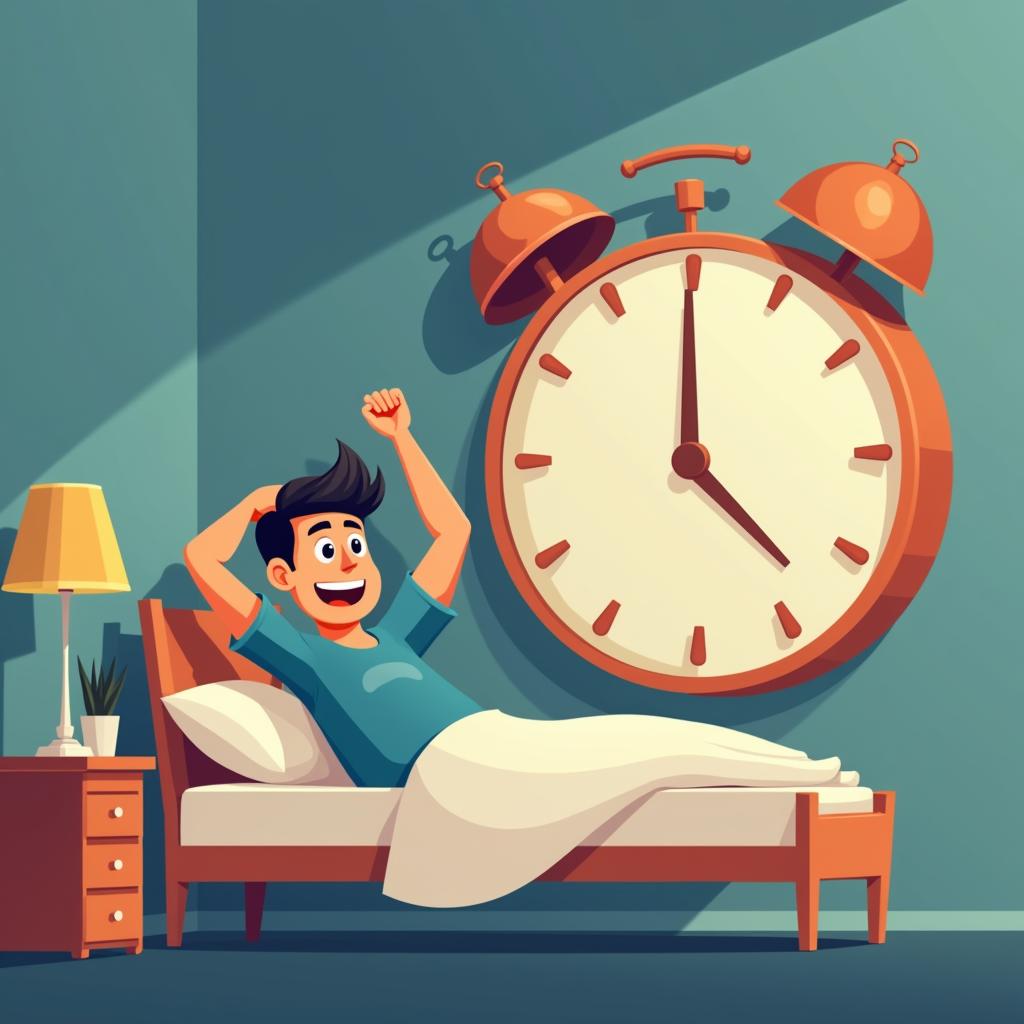When it comes to being an entrepreneur, maximizing energy and productivity is crucial to success. Every decision you make, every strategy you implement, and every hour you spend working contributes to the broader goal of growing your business. One often-overlooked factor that can dramatically influence your productivity is sleep. Understanding the best time to sleep for entrepreneurs can be a game-changer, leading to increased energy levels and improved performance.
The Importance of Sleep for Entrepreneurs
As an entrepreneur, your mind is the primary tool you use to solve problems, innovate, and drive your business forward. However, cognitive function is heavily affected by sleep. Inadequate or poor-quality sleep can lead to:
- Reduced concentration
- Decreased creativity
- Increased stress levels
- Decision-making difficulties
- Higher likelihood of burnout
By optimizing your sleep schedule, you can enhance your overall performance and vitality, enabling you to tackle challenges more efficiently and effectively.
The Science Behind Sleep Timing
To determine the best time to sleep for entrepreneurs, we need to look at the body’s natural circadian rhythms. This internal clock regulates sleep-wake cycles and is influenced by factors such as light exposure, age, and daily activities. Most adults require between 7-9 hours of sleep per night for optimal functioning. However, the specific timing of sleep can vary based on lifestyle and personal preferences.
Identifying Your Sleep Chronotype
Understanding your sleep chronotype can help you find the best time to sleep. Chronotypes categorize people into different groups based on their natural sleep patterns:
- Morning Chronotype: Early risers who feel most energetic in the morning.
- Evening Chronotype: Night owls who are more productive in the evening hours.
- Intermediate Chronotype: Those who can function well at various times throughout the day.
Entrepreneurs should assess their own chronotype and align their sleep schedule accordingly. For instance, morning people might benefit from going to bed early to rise with the sun, while night owls could optimize their productivity by working late and sleeping in a few hours later.
Recommendations for Sleep Timing
While individual preferences can vary, here are some recommended sleeping times based on common chronotype patterns:
For Morning People
If you identify as a morning person, aim to go to bed around 9 PM to 10 PM and wake up between 5 AM and 6 AM. This allows you to harness the quiet early hours for productive work before the day’s distractions begin.
For Evening People
For night owls, a bedtime around 12 AM to 1 AM may suit you best, allowing for a wake-up time between 8 AM and 9 AM. Use the late-night hours for creative tasks, strategizing, and other work that requires concentration when your mind is most active.
For Intermediate Schedulers
If you’re an intermediate sleeper, consider a bedtime between 10 PM and 11 PM, waking up around 6 AM to 7 AM. This balance allows for the flexibility to adapt to different responsibilities throughout the day while still ensuring you receive adequate rest.
Tips for Optimizing Sleep Quality
Finding the best time to sleep is just part of the equation; ensuring high-quality sleep is essential as well. Here are some actionable tips to improve your sleep quality:
- Establish a Consistent Sleep Schedule: Go to bed and wake up at the same time every day, even on weekends.
- Create a Relaxing Pre-Sleep Routine: Engage in calming activities such as reading, meditation, or light stretching for 30 minutes before bed.
- Limit Screen Time: Avoid screens (phones, tablets, computers) at least an hour before bed to reduce blue light exposure.
- Optimize Your Sleep Environment: Keep your bedroom dark, cool, and quiet. Use blackout curtains and consider a white noise machine if needed.
- Be Mindful of Your Diet: Avoid heavy meals, caffeine, and alcohol before bedtime as they can interfere with sleep quality.
Listening to Your Body
As an entrepreneur, you might feel pressured to push through fatigue and maintain long hours at work. However, it’s crucial to listen to your body. Signs of sleep deprivation can include irritability, difficulty concentrating, and fatigue. Recognizing when you need rest can prevent burnout and help you remain at the top of your game.
The Impact of Sleep on Goal Achievement
Sleep plays a fundamental role in decision-making, creativity, and focus—all critical traits for successful entrepreneurs. High-quality sleep enhances memory and learning capabilities, meaning the more rested you are, the more efficient you will be in achieving your business goals.
Ultimately, finding the best time to sleep for entrepreneurs is a personalized journey that requires evaluation of your unique lifestyle, energy levels, and productivity patterns. By prioritizing sleep and making conscious adjustments to your sleep schedule, you can significantly impact your overall well-being and business success.
Conclusion
The connection between sleep and productivity is undeniable. As an entrepreneur, recognizing the importance of sleep and optimizing your sleep schedule can lead to improved performance and a greater capacity to tackle daily challenges. By understanding your chronotype, establishing a consistent sleep routine, and creating an environment conducive to restful sleep, you can maximize your energy and pave the way for entrepreneurial success.







